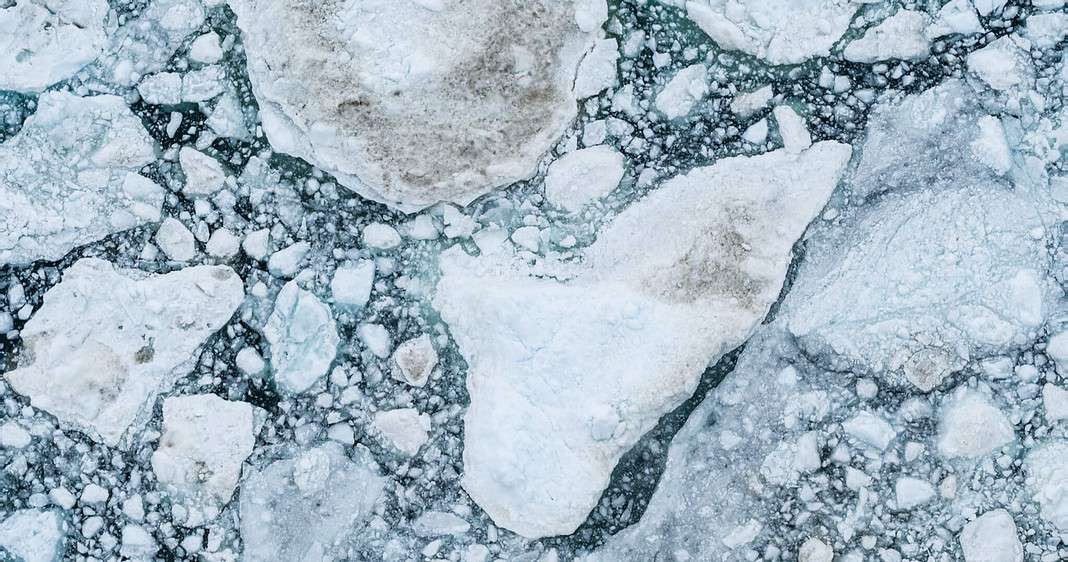Researchers have found that climate change is causing the Arctic Ocean to become more acidic.
The latest research is the work of a team from the University of Gothenburg and was published in the journal Science.
The researchers compared the data from a series of Arctic expeditions going back from 1994 to 2020. The team found that the pH of the water north of Alaska and Siberia has decreased substantially. The team found the rate of increase to be substantially faster (three to four times) than in other oceans.
According to Leif Anderson, one of the study authors and a researcher in marine chemistry at the University of Gothenburg:
“The time-series of pH measurements made in the Arctic Ocean is long. The oldest are from an expedition in 1994, when the ice sheet was extensive and thick, and measurements were taken in the leads between the ice floes. On the expedition in 2014, the icebreaker Oden was able to travel in open water half way from Siberia to the North Pole.”
Discussing the effects of the acidification, Anderson added:
“Phytoplankton, which take up carbon dioxide, are benefiting from climate change. For other species however, the news is not so good. Sea butterflies are a species of predatory sea snail that have shells of aragonite which they form from calcium and carbonate ions. We have measured lower and lower aragonite saturation levels of in the ocean from our expeditions. All of these factors are consequences of climate change, and more open waters in the Arctic is amplifying their effects.”
You can find the original research here.

